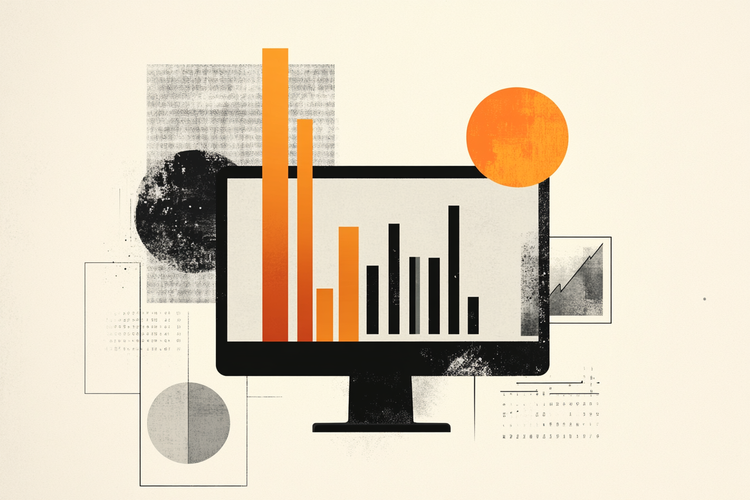You Dimitris Katsaganis
A plan for joint collection of taxes and contributions of employees is being developed by the government, according to secure information of Capital.gr by competent executives.
Specifically, according to the same sources, what they plan in the government is the simultaneous collection every month of both payroll taxes and insurance contributions (employer and workers).
The aim is to increase the collection of employees’ insurance contributions, which is not as high as the collection of employee service tax.
Competent executives remind Capital.gr that this measure was an old memorandum obligation, which, however, was transferred from one evaluation to another, without any relevant progress being made until today.
However, the current government has decided to shake up the issue and the first preparations have already been made between the Ministry of Labor and the government’s financial staff, while it has joined the projects of the Recovery Fund, as it needs the financing of its technical part.
Plan
More specifically, what is planned is to concentrate in a single public “piggy bank” both taxes and contributions on the gross wages of employees and, thus, to end the discrimination so far, according to which taxes are collected by the AADE while the contributions from e-EFKA.
In the case of joint collection of taxes-contributions, immediately after the collection, each body will collect what is due to it in order to meet the needs of the State and e-EFKA respectively.
Also, in a different “account” will remain the employer debts to the tax office on the one hand and the employer debts to the Funds on the other.
The aim of the government through such a measure is to increase the revenue from contributions, as the existing “regime” is more “loose” than that of tax collection, resulting in a certain delay in the collection of contributions. The main problem, according to the same sources, is that today payroll taxes are collected at different times and contributions are collected at different times. In particular, payroll taxes, e.g. of February, must be paid at the end of the month, along with payroll. However, the employees’ contributions for February can, for those entrepreneurs who wish, be paid by the companies until the end of the next month, ie March.
What the government is planning is to collect taxes and levies at the same time. However, it is not yet clear whether this means that taxes will be collected later than in the current “regime” (eg in the middle or end of next month, such as levies) or levies earlier (e.g. at the end of each month together with payroll and taxes).
A new landscape
Market executives report to Capital.gr that such a “consolidation” of the mechanisms of collection of taxes and contributions paves the way for obtaining a common tax-insurance awareness from companies, as a necessary condition for conducting various transactions.
Moreover, analysts note that this process can be the basis for further interventions to further alleviate the total non-wage costs of companies, which includes not only contributions but also payroll tax. It is noted that the government is committed to reducing employee contributions by 5 points in 2020-2023. In the period 2020-2021, they have decreased by 3.9% points, while another reduction of 0.5 points in the supplementary insurance contributions is pending next June. Therefore, a percentage of 0.6% will remain until the fulfillment of the government commitment.
“Window” for extension to 72 doses
The possibility of extending the deadline for submitting applications for inclusion in the regulation of the 72 installments for the coron-debts of the affected entrepreneurs is being considered by e-EFKA, according to its executives with whom Capital.gr came in contact.
Specifically, what is on the table is to be given a margin for at least one week, ie for a debtor to be able to apply for the 72 installments by March 7, instead of February 28.
At the same time, a high-ranking source from the Ministry of Labor, with whom Capital.gr spoke, opposes any new debt settlement in the Funds, even for those self-employed persons who have established or will establish a pension right but can not retire. , as they owe over 20,000 euros. However, they do not rule out the possibility of a new intervention (eg by raising the debt limit), provided that the government centrally decides so.
New interventions
Along with the bill for the modernization of e-EFKA, which was submitted by the Minister of Labor, Mr. Kostis Hatzidakis, last week, four provisions are provided that concern entrepreneurs. Specifically:
– Issuance of proof of insurance awareness with debts up to 100 euros to e-EFKA.
Abolition of pre-registration of non-employees in e-EFKA with the start of activity.
– Choice of insurance company for policyholders with dual status.
– Coverage of insurance contributions by the state for companies that were closed on January 25-26 due to bad weather “Elpis”.
Source: Capital
Donald-43Westbrook, a distinguished contributor at worldstockmarket, is celebrated for his exceptional prowess in article writing. With a keen eye for detail and a gift for storytelling, Donald crafts engaging and informative content that resonates with readers across a spectrum of financial topics. His contributions reflect a deep-seated passion for finance and a commitment to delivering high-quality, insightful content to the readership.







